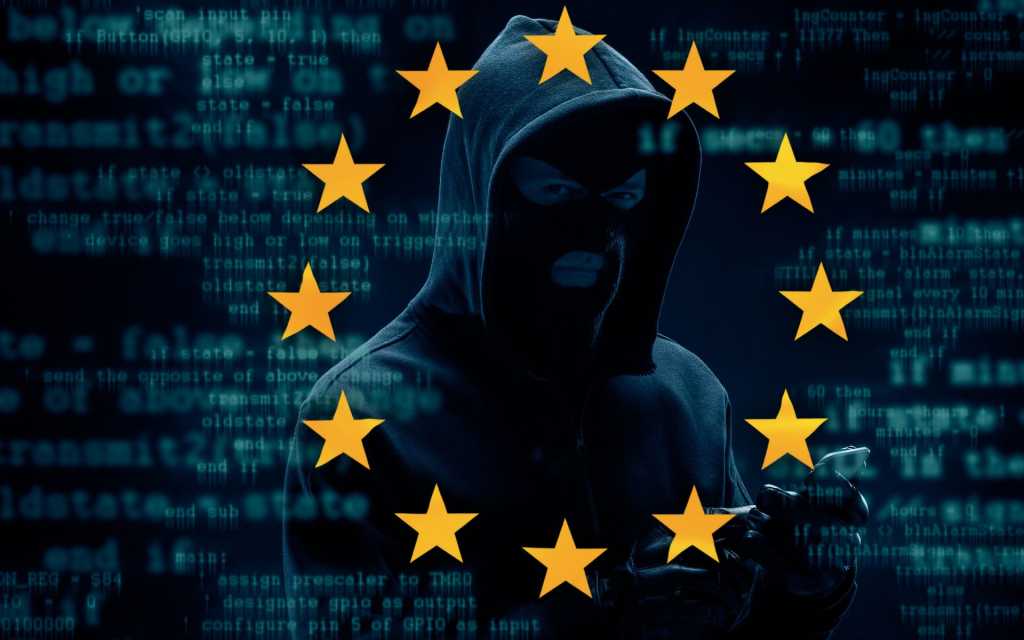
The current timing couldn’t be worse: according to a 2024 Europol threat assessment, cybercrime has increased dramatically in terms of volume, intensity and potential for harm. At the same time, electronic evidence has become increasingly important in the context of criminal investigations.
As Peter Hummelgaard, the Danish minister of justice, said in a statement issued by the Council of Europe, “computer fraud, large-scale hacking, the scourge of online child sexual abuse and exploitation, as well as other forms of cybercrime, are on the rise. With the adoption of this international legal instrument, we have taken an important step forward in our global fight against this type of crime.
A key aspect of the Convention is the harmonization among participating countries of the criminalization of certain conduct related to cybercrime. This means that all countries undertake to criminalize certain conducts (e.g. computer fraud or illegal interception) in their national legislation.


